Faces of Faith – Brother Peter
Before our church found Lutheranism, there were constant religious disputes within the church. The truth was unclear, and it brought great losses to believers and their lives. We were learning to pray to God, and we asked him to enable us to understand his truth and provide a place to learn. God provided a Lutheran brother from a different area to teach us English. One of the members of our church met him by chance, and he came to our church to help us. At the same time, I met Dave, another Lutheran who came here to preach for more than a year at our church. He lived in a different region and served as an English teacher. He saw the problems at our church and was willing to help us. He taught us Law and Gospel and helped us understand why our church was so confused. Many church members felt guilty and dared not speak out, but Dave made us more aware of the preciousness of God’s salvation. He continued to preach the gospel and brought many believers to the church. Because of him, a lot of people believe Jesus. Dave also introduced Asia Lutheran Seminary (ALS) to us, and he recommended that I study at ALS. Dave helped us for seven years before going back to the United States. However, I know that he is not resting. He is still preaching the gospel, leading groups, and bringing more souls to know our God.
I learned a lot of truth from Bible and knowledge that I didn’t know before when I enrolled in the Diploma of Christian Studies program through ALS. I got to know the ALS faculty and the dedication and love of the teachers. I truly felt a spirit of humility and dedication in them. In order not to delay our study, ALS also asked other bilingual ALS students to teach us. I am very grateful!
Although COVID affected our learning process, we are seeing that Asia Lutheran Seminary is also working hard to help us in various ways. They provided a Chinese-speaking teacher (an East Asia missionary) who is helping and encouraging me to continue preaching the gospel. May God bless the missionaries, teachers, and my classmates at ALS so that they can be filled with God’s love and increase their ability to serve!
WELS Missions
Learn about the ministry work of WELS Missions.
SUPPORT MISSIONS
Support the ministry work of WELS Missions.
[fbcomments num=”5″]



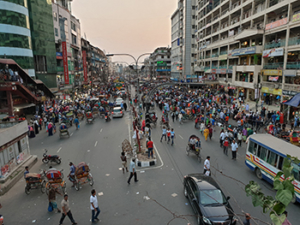
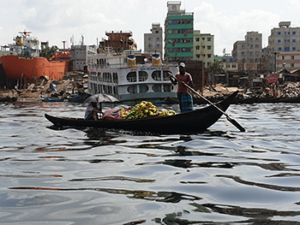


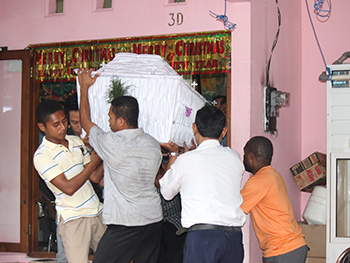
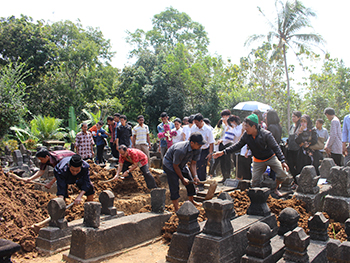
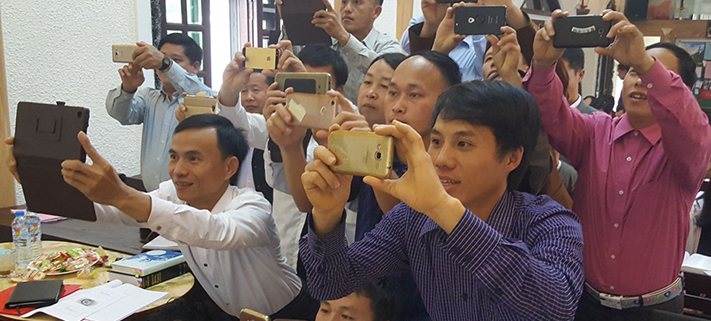
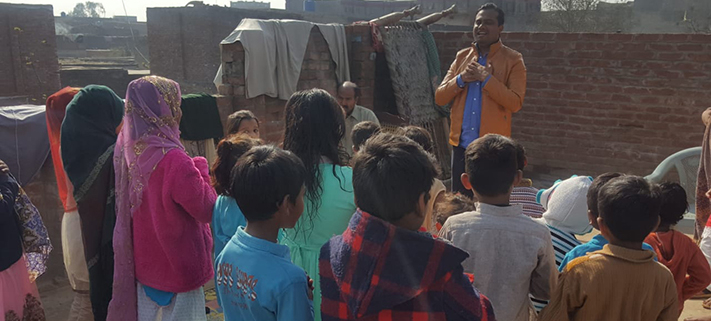

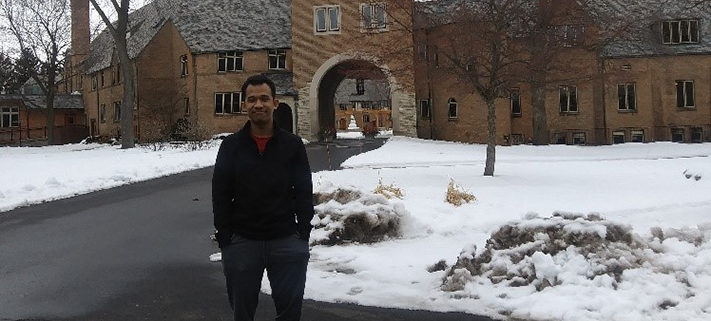
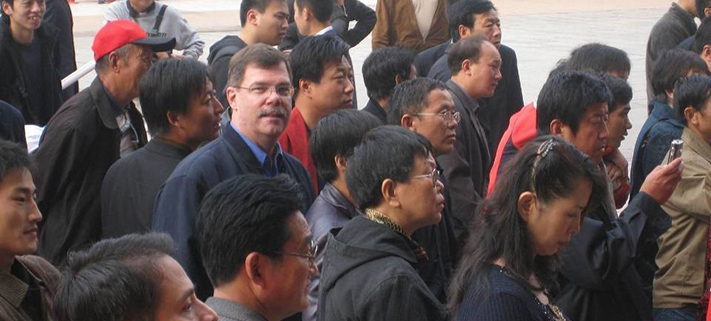
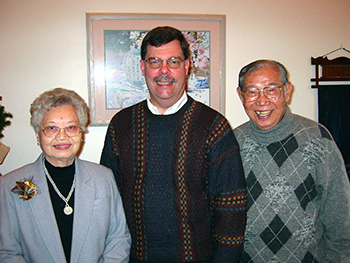
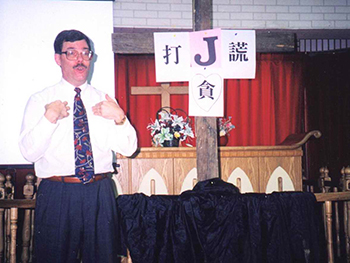
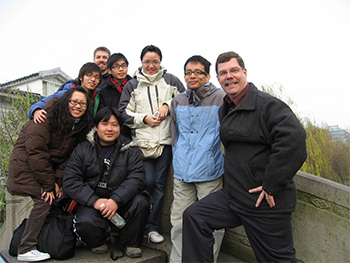
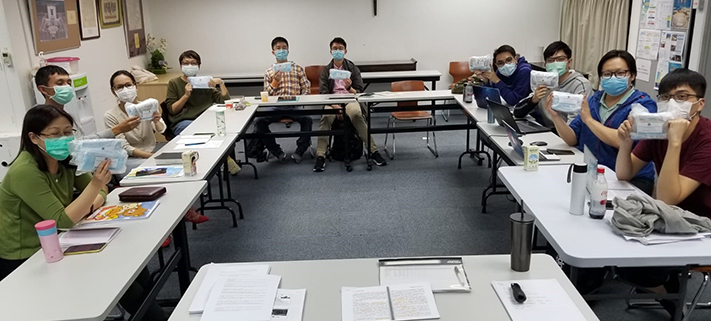
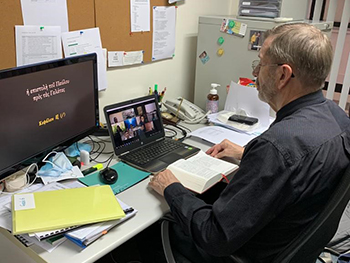
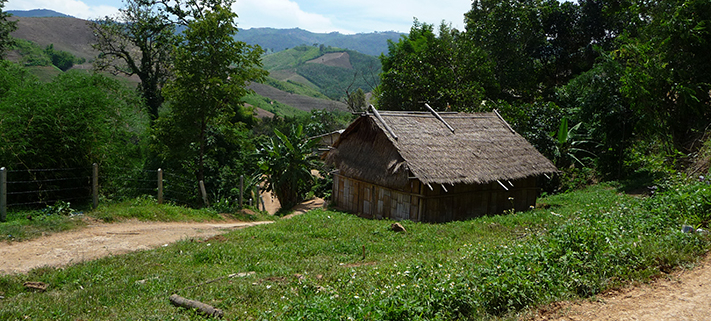
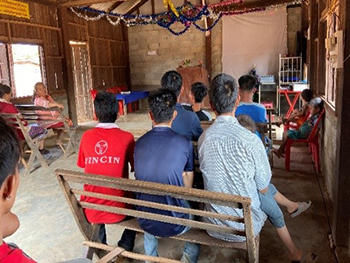

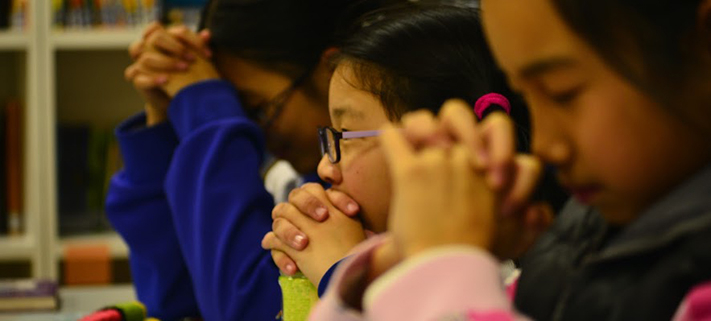
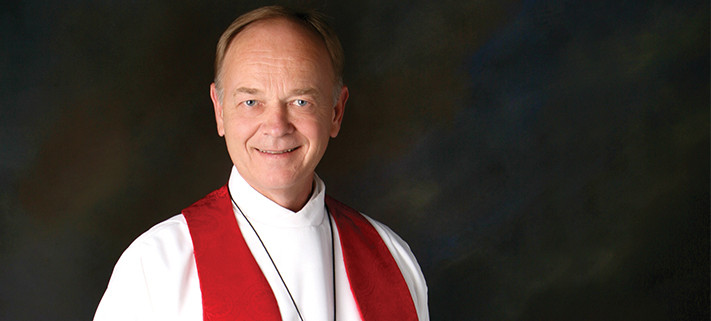
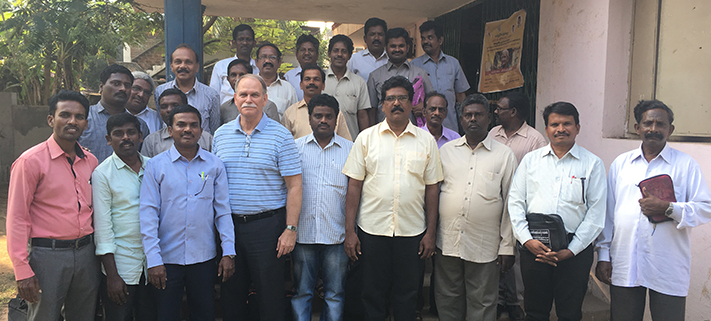
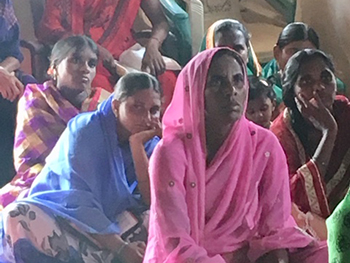 1) The caste system really hinders the spread of the gospel. In Zambia and Malawi, I saw how people from different tribes often didn’t get along well together. But the walls that tribalism erects in Central Africa pale in comparison to the barriers that the caste system builds to repel the gospel in places like South Asia. It’s rare for a Hindu of any caste to speak to a Christian. It’s practically unheard of for an upper caste individual to do so. God’s Word, of course, can accomplish great things. But it faces an enormous challenge among well over a billion people who live in South Asia. Something to keep praying about.
1) The caste system really hinders the spread of the gospel. In Zambia and Malawi, I saw how people from different tribes often didn’t get along well together. But the walls that tribalism erects in Central Africa pale in comparison to the barriers that the caste system builds to repel the gospel in places like South Asia. It’s rare for a Hindu of any caste to speak to a Christian. It’s practically unheard of for an upper caste individual to do so. God’s Word, of course, can accomplish great things. But it faces an enormous challenge among well over a billion people who live in South Asia. Something to keep praying about.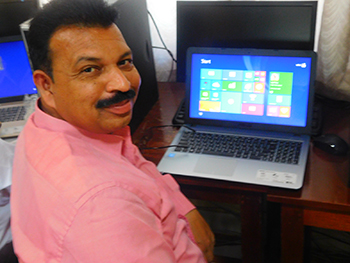
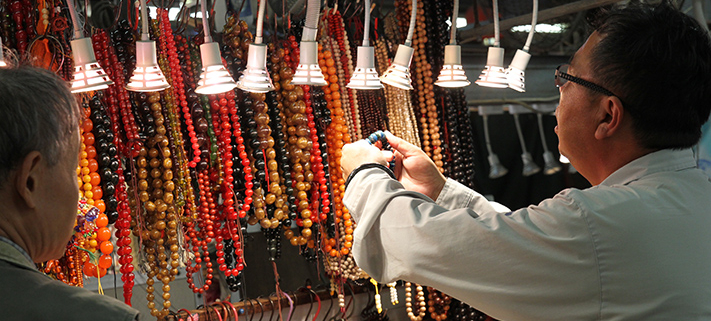
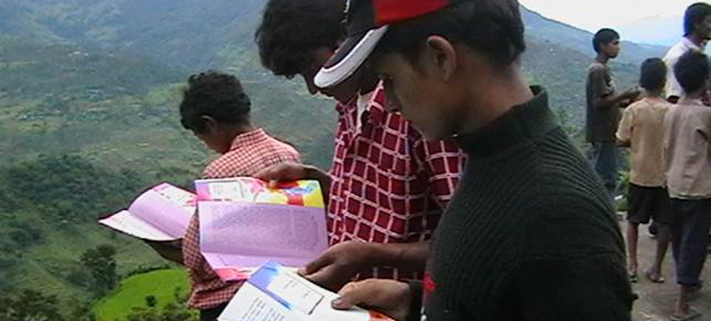
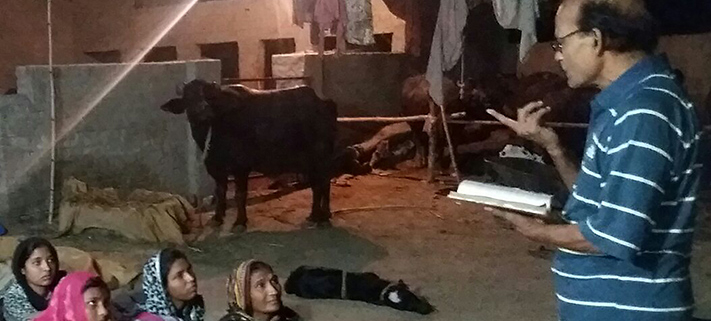
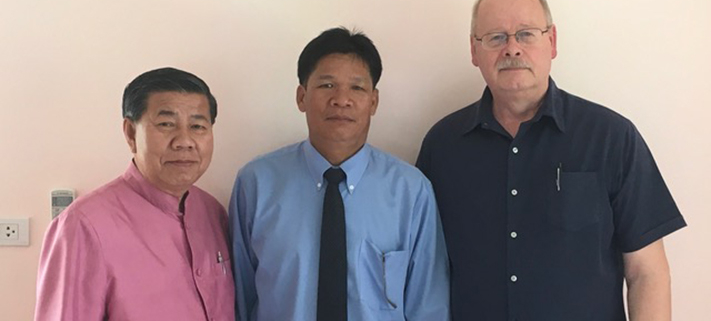

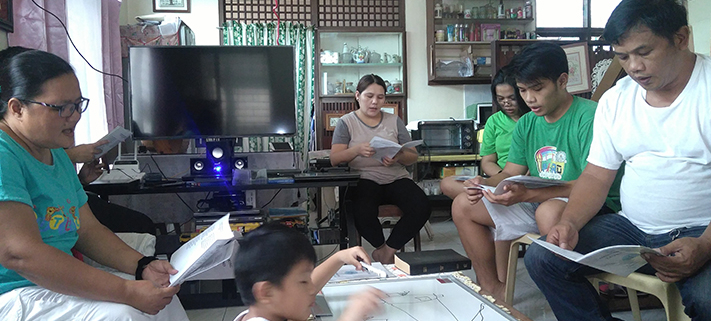
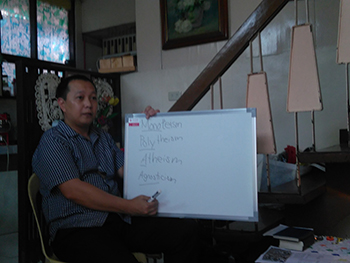



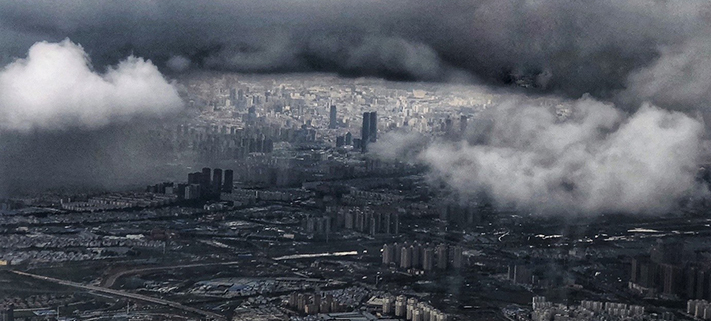



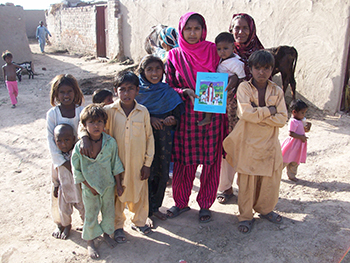
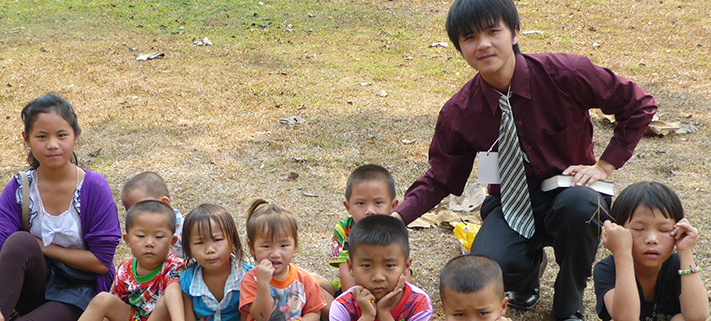
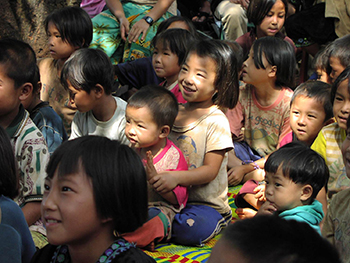

 The smell of burning joss paper in small red cans filled the air in some areas – providing money for dead relatives to use in the afterlife.
The smell of burning joss paper in small red cans filled the air in some areas – providing money for dead relatives to use in the afterlife.